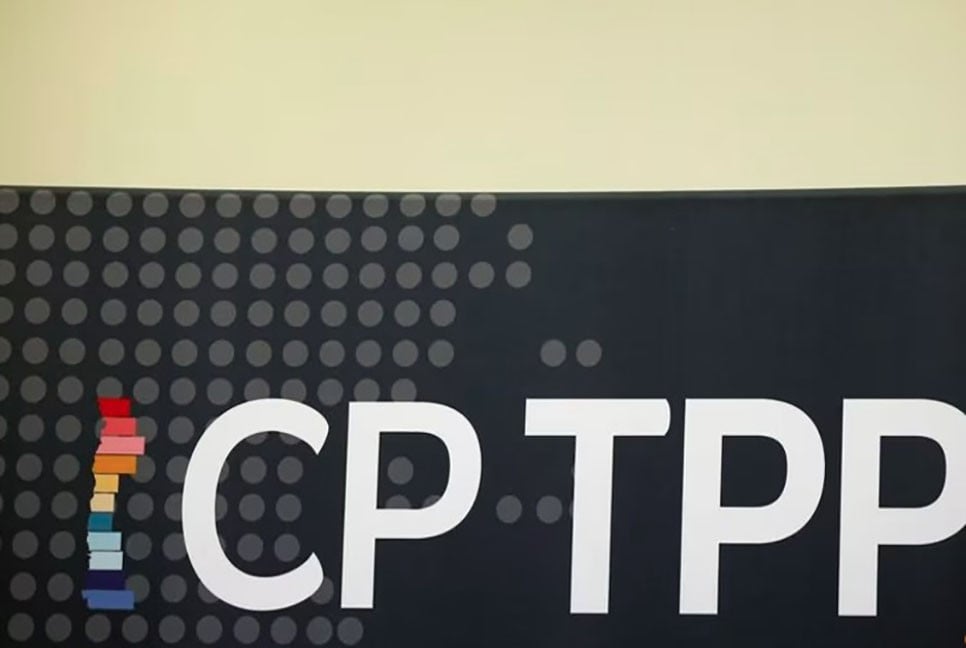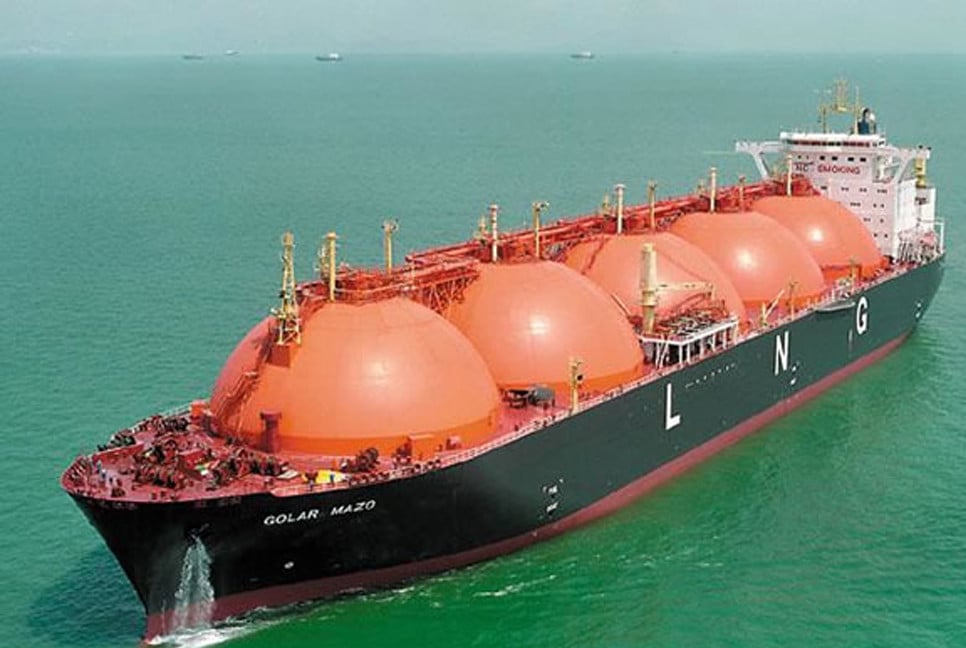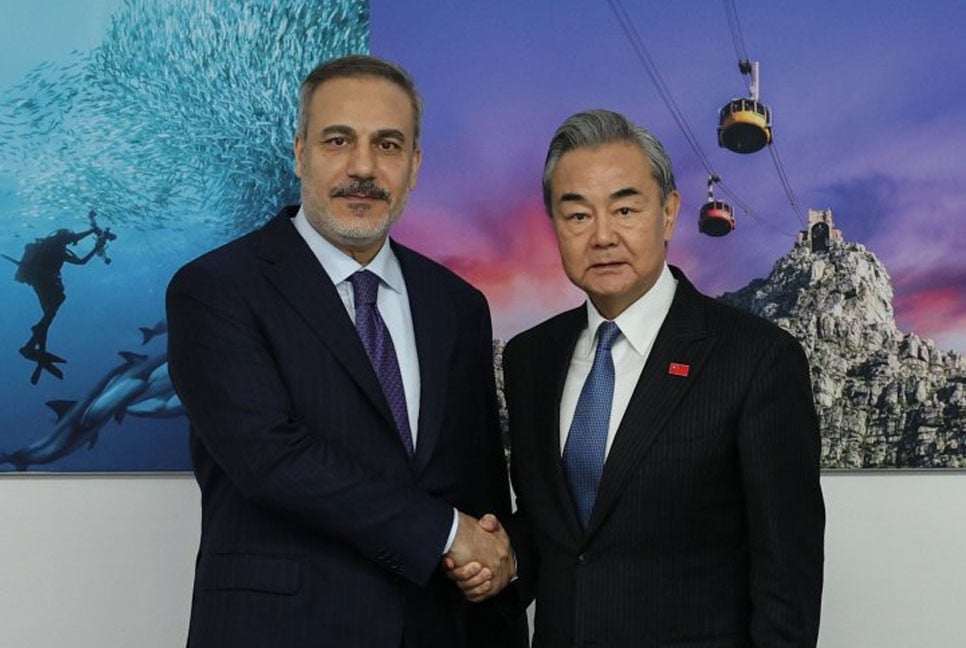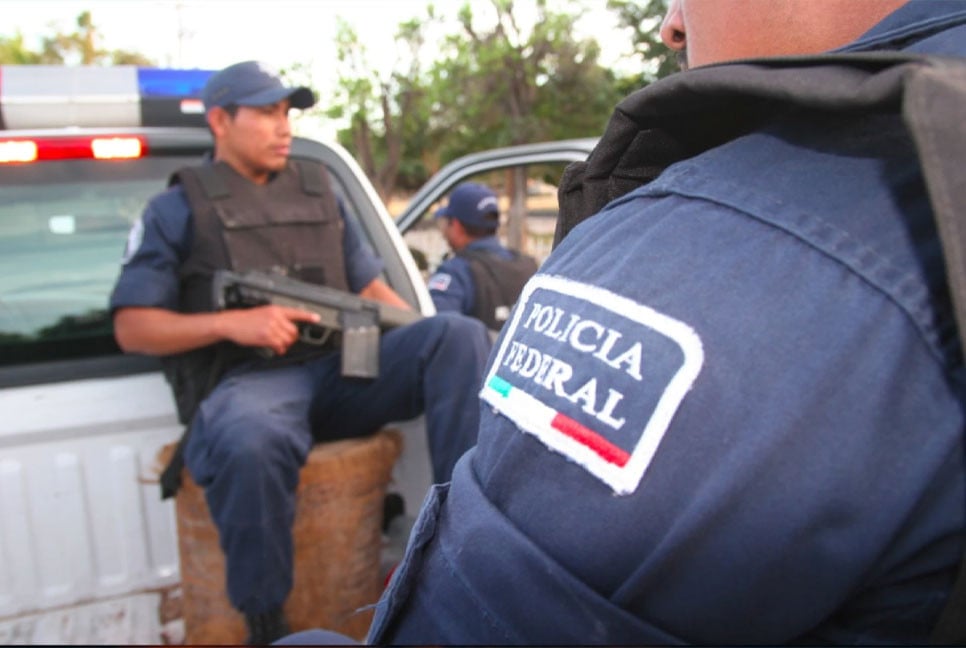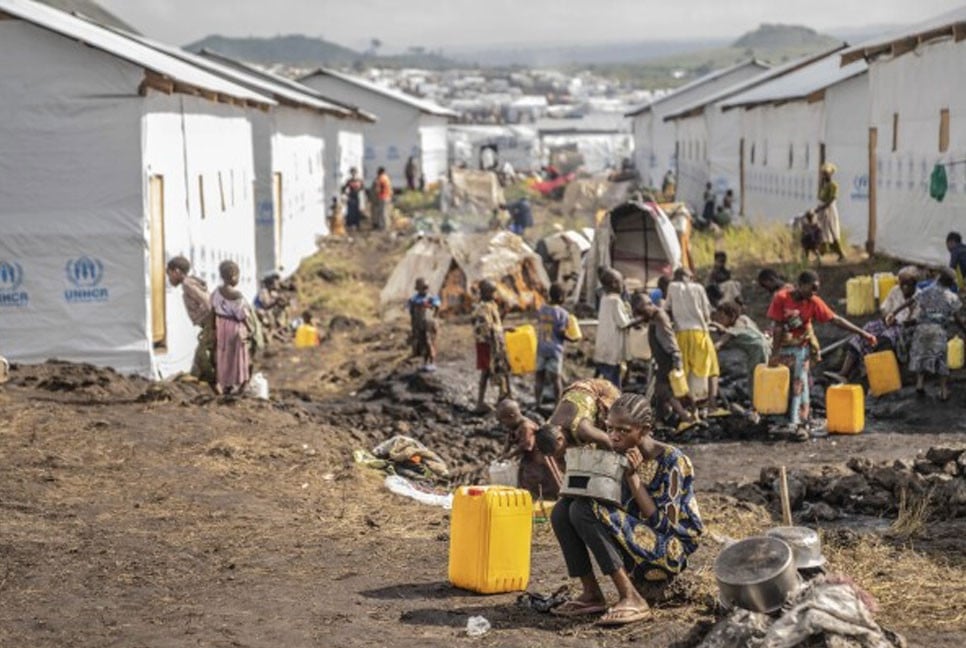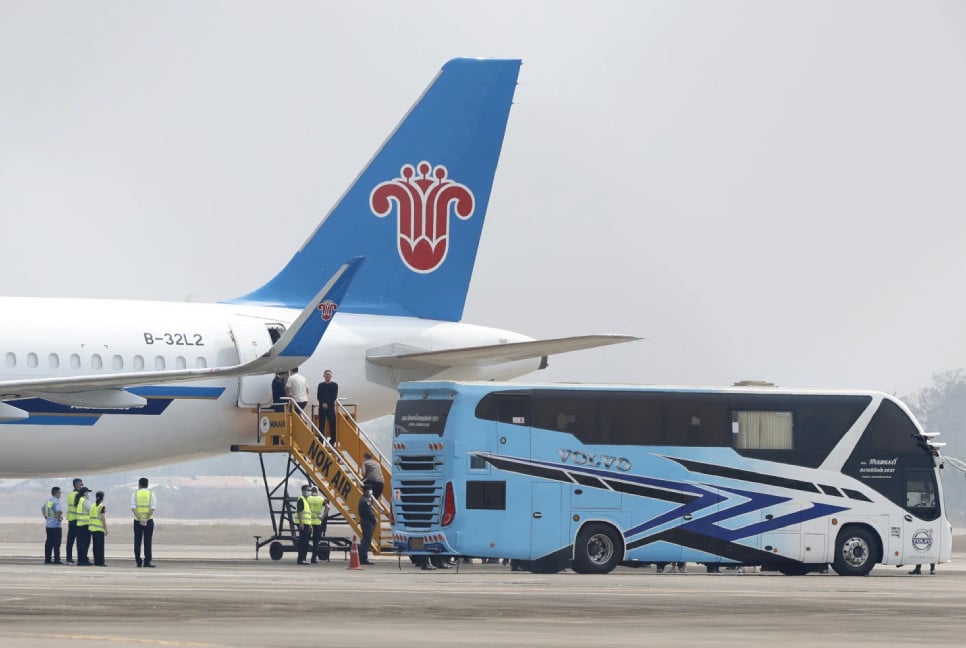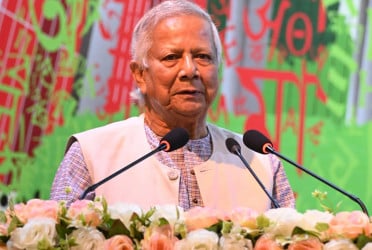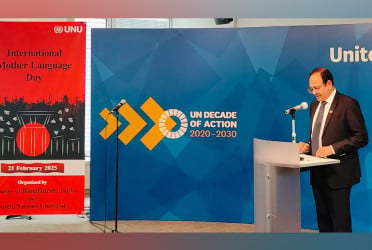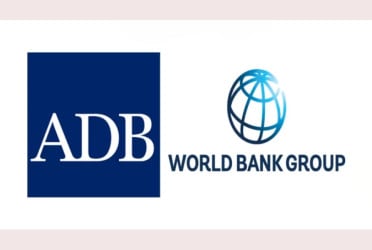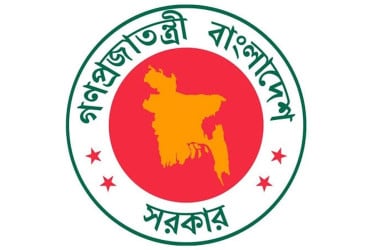Canada's government announced that the Comprehensive and Progressive Agreement for Trans-Pacific Partnership (CPTPP) remains open to new members, including Taiwan, following Taipei's complaint that a working group to evaluate its membership had not been formed. Taiwan expressed disappointment after CPTPP members failed to establish the group at a ministerial meeting in Vancouver, emphasizing that political factors should not influence the decision.
In a statement to Reuters on Tuesday, Global Affairs Canada said existing member states will continue to discuss membership requests after the establishment of the Accession Working Group, or AWG, for Costa Rica, at the meeting in Canada.
"The establishment of an AWG for Costa Rica will not impede or delay deliberations on other aspirant economies' Accession Requests (including Taiwan's) in accordance with the Auckland Principles," it said.
The "Auckland Principles" refer to an ability to meet the high standards of the agreement, a demonstrated pattern of complying with trade commitments, and recognition that decisions are dependent on members reaching consensus, the statement added.
"The CPTPP continues to welcome the interest of and remains open to economies that can satisfy the Auckland Principles."
Taiwan in 2021 formally applied to join the CPTPP, less than a week after China said it too had submitted an application. The group currently has 11 members - Australia, Brunei, Canada, Chile, Japan, Malaysia, Mexico, Peru, New Zealand, Singapore and Vietnam - and Britain will formally join this month.
No working group has been established to review China's application thus far. Taiwan, due to diplomatic isolation from pressure by China, has few international trade agreements. While China opposes Taiwan's CPTPP bid, both nations are members of the World Trade Organization. Taiwan asserts that China has no right to speak or represent it internationally, emphasizing its right to engage with other countries and global organizations.
Bd-pratidin English/ Jisan

